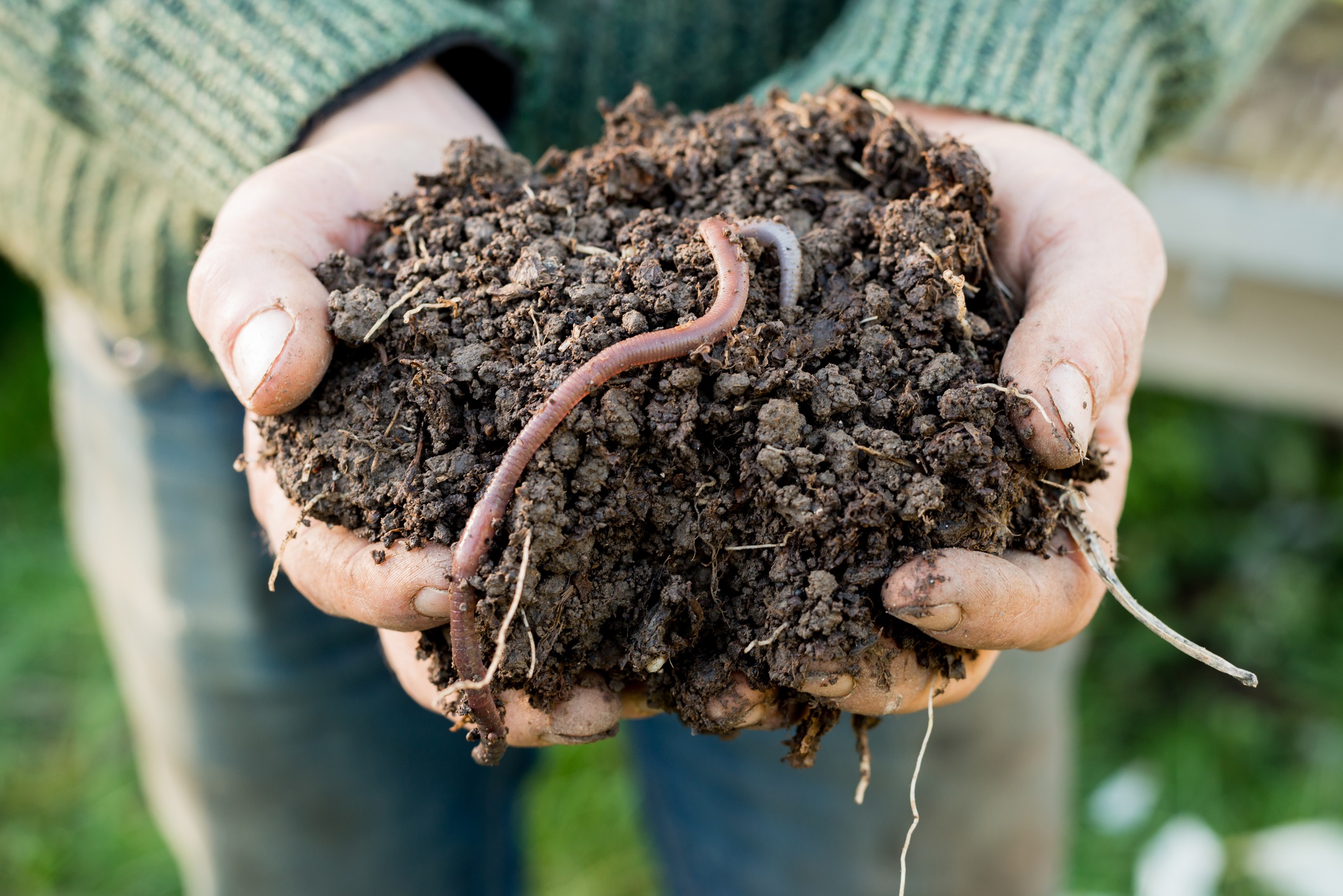Most comprehensive review ever conducted of pesticide impacts on soil finds harm to beneficial invertebrates like beetles, earthworms in 71% of cases
A new study published recently by the academic journal Frontiers in Environmental Science finds that pesticides widely used in American agriculture pose a grave threat to organisms that are critical to healthy soil, biodiversity and soil carbon sequestration to fight climate change. Yet, those harms are not considered by U.S. regulators.
The study, by researchers at the Center for Biological Diversity, Friends of the Earth U.S., and the University of Maryland, is the largest, most comprehensive review of the impacts of agricultural pesticides on soil organisms ever conducted.
The researchers compiled data from nearly 400 studies, finding that pesticides harmed beneficial, soil-dwelling invertebrates including earthworms, ants, beetles and ground nesting bees in 71% of cases reviewed.
“It’s extremely concerning that 71% of cases show that pesticides significantly harm soil invertebrates,” said Dr. Tara Cornelisse, an entomologist at the Center for Biological Diversity and co-author of the study. “Our results add to the evidence that pesticides are contributing to widespread declines of insects, like beneficial predaceous beetles and pollinating solitary bees. These troubling findings add to the urgency of reining in pesticide use to save biodiversity.”
The findings come on the heels of a recent study published in the journal Science showing pesticide toxicity has more than doubled for many invertebrates since 2005. Despite reduced overall use of insecticides, the chemicals most commonly used today, including neonicotinoids, are increasingly toxic to beneficial insects and other invertebrates. Pesticides can linger in the soil for years or decades after they are applied, continuing to harm soil health.
The reviewed studies showed impacts on soil organisms that ranged from increased mortality to reduced reproduction, growth, cellular functions and even reduced overall species diversity. Despite these known harms, the Environmental Protection Agency does not require soil organisms to be considered in any risk analysis of pesticides. What’s more, the EPA gravely underestimates the risk of pesticides to soil health by using a species that spends its entire life aboveground— the European honeybee—to estimate harm to all soil invertebrates.
“Below the surface of fields covered with monoculture crops of corn and soybeans, pesticides are destroying the very foundations of the web of life,” said Dr. Nathan Donley, a scientist at the Center and co-author of the study. “Study after study indicates the unchecked use of pesticides across hundreds of millions of acres each year is poisoning the organisms critical to maintaining healthy soils. Yet our regulators have been ignoring the harm to these important ecosystems for decades.”
Soil invertebrates provide a variety of essential ecosystem benefits such as cycling nutrients that plants need to grow, decomposing dead plants and animals so that they can nourish new life, and regulating pests and diseases. They are also critical for the process of carbon conversion.
“Pesticide companies are continually trying to greenwash their products, arguing for the use of pesticides in ‘regenerative’ or ‘climate-smart’ agriculture,” said Dr. Kendra Klein, senior scientist at Friends of the Earth and co-author of the study. “This research shatters that notion and demonstrates that pesticide reduction must be a key part of combatting climate change in agriculture.”
“We know that farming practices such as cover cropping and composting build healthy soil ecosystems and reduce the need for pesticides in the first place,” said Dr. Aditi Dubey of University of Maryland and co-author of the study. “However, our farm policies continue to prop up a pesticide-intensive food system. Our results highlight the need for policies that support farmers to adopt ecological farming methods that help biodiversity flourish both in the soil and above ground.”





